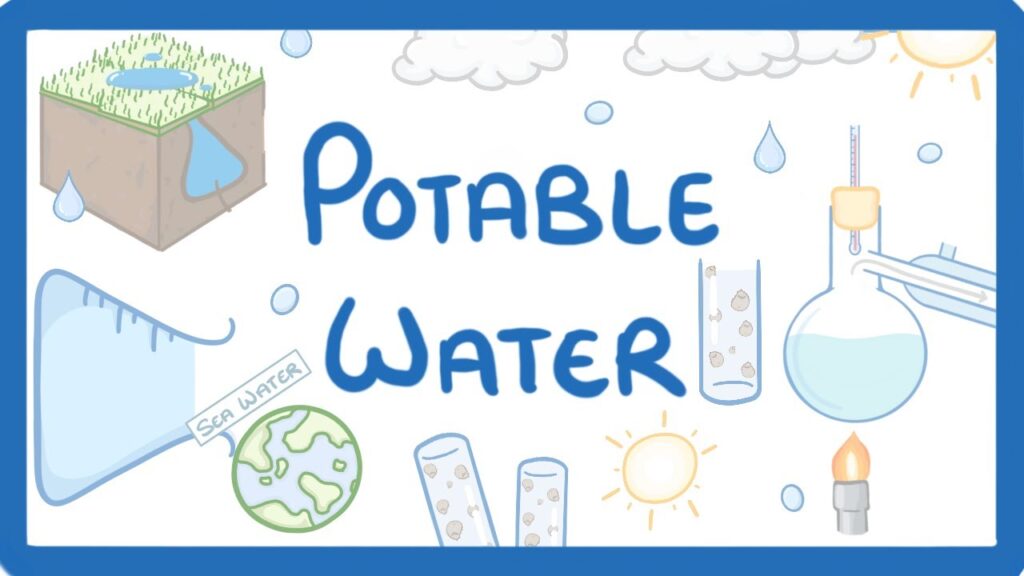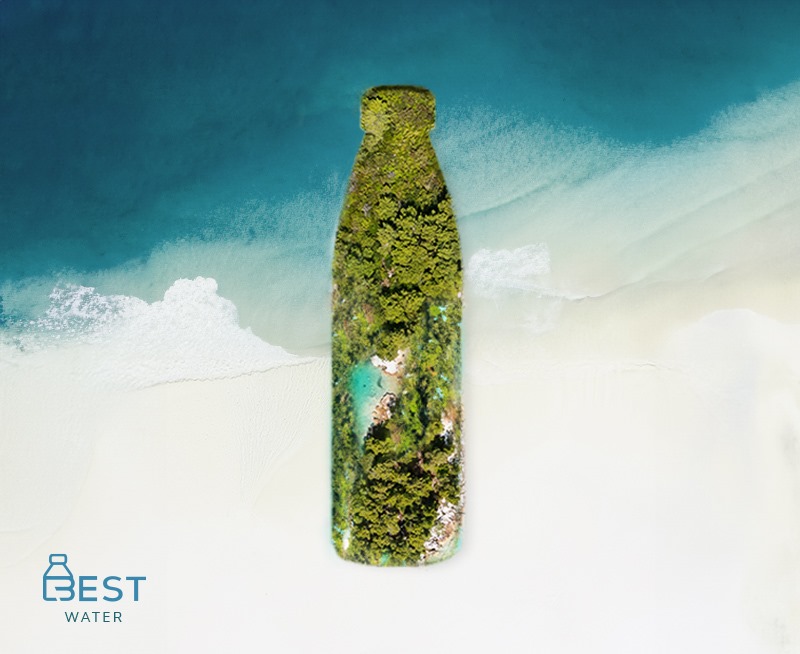What Does Potable Water Mean

Water is essential for life, and having access to clean and safe drinking water is crucial for our health. But what exactly is potable water? And how is it different from non-potable water? In this comprehensive guide, we will explore the meaning of potable water, its importance, how it is treated to ensure its safety and other related aspects.
What is Potable Water?
Potable water, also known as drinking water, is safe for human consumption. It is free from harmful contaminants and meets the Environmental Protection Agency (EPA) standards. This means it is safe to drink, cook with, and use for personal hygiene.
What is Non-Potable Water?
Non-potable water is any water that is not safe for human consumption. This includes water from lakes, rivers, and groundwater sources that have yet to be treated to remove contaminants. Non-potable water can also come from rainwater, greywater (sinks and showers), and blackwater (toilets). While non-potable water is unsafe to drink, it can be used for other purposes, such as irrigation and industrial processes.
How is Potable Water Treated?
The process of treating water to make it potable involves several steps. First, the water is collected from a source, such as a lake or river. It is then sent to a treatment plant, where it undergoes a series of processes to remove impurities and make it safe for consumption.
The first step is usually coagulation, where chemicals are added to the water to make impurities clump together and settle at the bottom. Next, the water goes through sedimentation, where the impurities are removed. After that, the water is filtered to remove any remaining particles.
The final step is disinfection, where chemicals such as chlorine are added to kill any remaining bacteria and viruses. This ensures that the water is safe for consumption. The treated water is then sent to storage tanks and distributed to homes and businesses through a network of pipes.
Why is Potable Water Important?
Having access to potable water is crucial for our health and well-being. Drinking contaminated water can lead to diarrhea, cholera, and typhoid illnesses. It can also contain harmful chemicals that can have long-term health effects. By treating water to make it potable, we can ensure it is safe for consumption and protect ourselves from these health risks.
Moreover, potable water is not only important for individual health but also for community development. It plays a vital role in promoting hygiene and sanitation, which are crucial for preventing the spread of diseases. Additionally, potable water is necessary for various economic activities, including agriculture, manufacturing, and tourism.
The Importance of Water Conservation
While potable water is essential, it is equally important to conserve it. The water demand is increasing, and many regions worldwide face water scarcity. By practicing water conservation techniques, we can ensure enough water is available for current and future generations.
Some ways to conserve water include fixing leaky faucets and pipes, using water-efficient appliances, harvesting rainwater for irrigation, and adopting sustainable agricultural practices. Educating communities about the importance of water conservation and implementing water-saving initiatives can also significantly impact preserving this precious resource.
Conclusion
In conclusion, potable water is water that is safe for human consumption. It goes through a series of treatment processes to remove impurities and make drinking safe. On the other hand, non-potable water is not safe for consumption and can be used for other purposes. By understanding the difference between these two types of water, we can make informed decisions about our water usage and ensure access to clean and safe drinking water.
Do you have any more questions about potable water or related topics? Let us know in the comments below.




